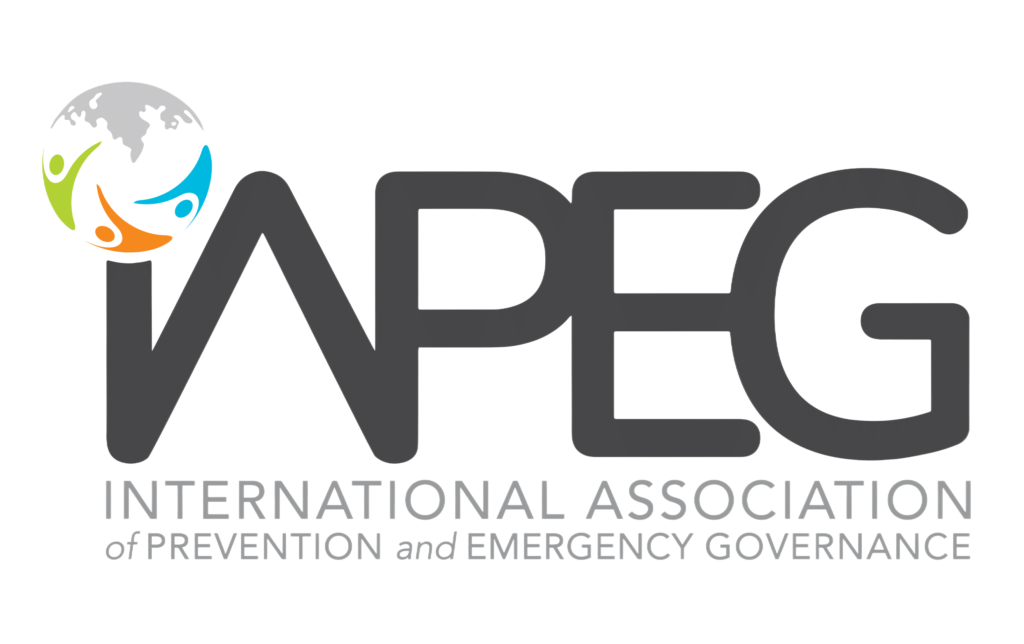
Menu

Framework for Prevention and Emergency Governance
The International Association of Prevention and Emergency Governance (IAPEG) is committed to fostering safety, resilience, and effective governance in disaster prevention, emergency preparedness, and crisis response globally. This policy outlines the core principles, operational guidelines, and commitments that guide IAPEG’s efforts to enhance prevention and emergency management practices.

IAPEG emphasizes international cooperation to strengthen prevention and emergency governance. It facilitates partnerships among governments, NGOs, private organizations, and communities to create unified and effective responses to global challenges.
All initiatives and recommendations by IAPEG are grounded in the latest research, best practices, and data-driven insights. Members are expected to uphold rigorous standards of analysis and apply scientifically validated approaches.
IAPEG promotes ethical decision-making, transparency, and accountability in all actions. Members and partner organizations must act with integrity, prioritize public welfare, and adhere to ethical governance practices.
IAPEG prioritizes inclusivity, ensuring the active involvement of all stakeholders, including marginalized and vulnerable groups, in prevention, planning, and recovery efforts. Diversity and equity are foundational to the association’s policies.
IAPEG supports policies and practices that not only address immediate risks but also enhance long-term resilience and sustainability. Environmental considerations, resource efficiency, and sustainable development are integral to its approach.
Risk Assessment and MitigationÂ
Capacity Building and Training
Technology and Innovation
Policy Advocacy and Standards Development
Post-Crisis Recovery and Resilience

IAPEG commits to being a trusted advisor and partner, offering resources, expertise, and consulting to strengthen emergency governance systems.

IAPEG is dedicated to empowering communities through education, involvement, and resources to foster resilience and preparedness at the grassroots level.
IAPEG provides its members with a robust platform for professional development, collaboration, and access to cutting-edge knowledge and technologies.
IAPEG will regularly monitor the implementation of this policy through audits, member feedback, and third-party evaluations. Non-compliance with the policy may result in corrective measures or membership review.
This policy is a living document and will be reviewed periodically to remain aligned with evolving global challenges, technologies, and standards.